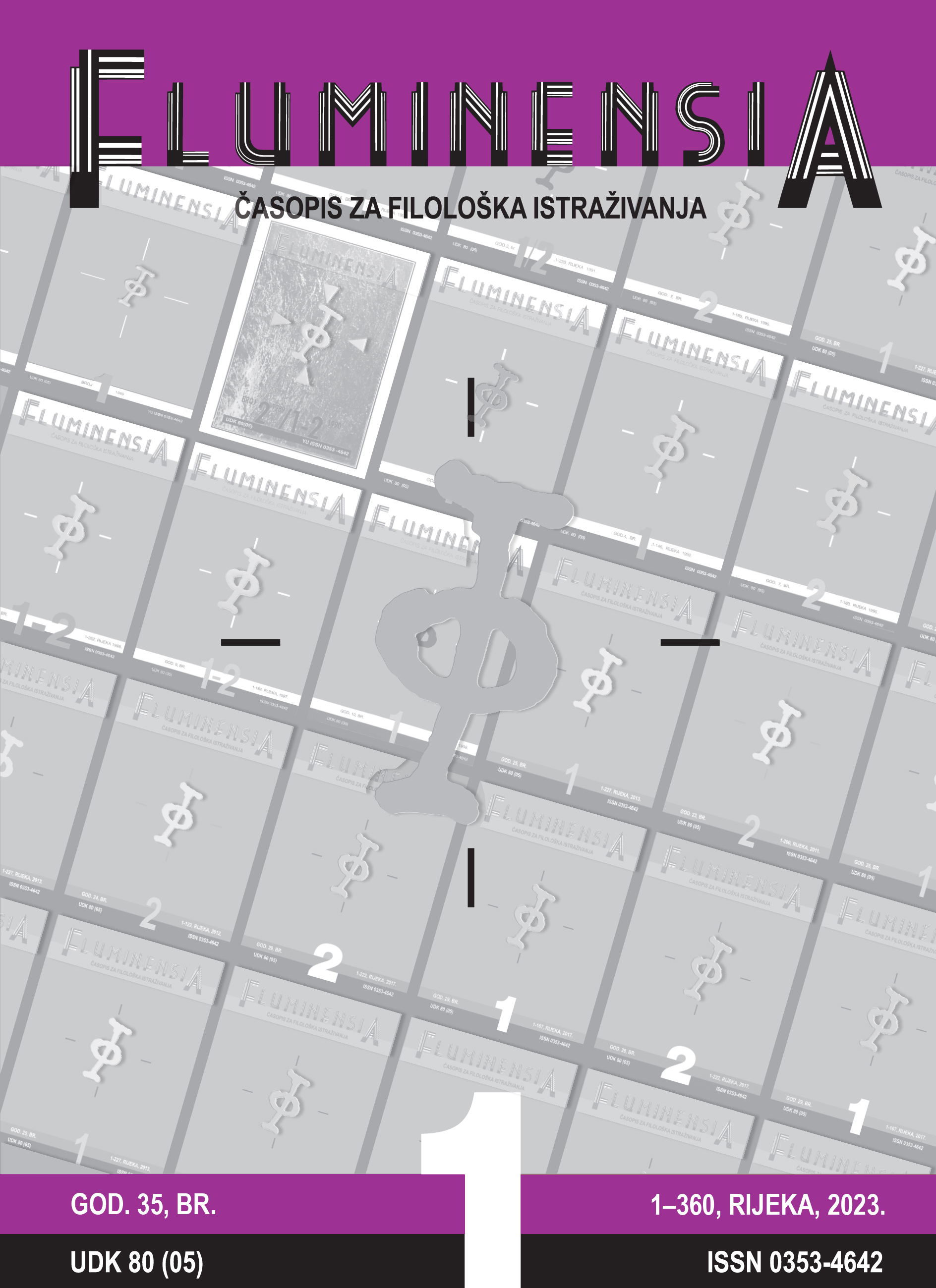THE REFLECTION OF ANCIENT GREEK BIOGRAPHY IN CONSTANTINE VII PORPHYROGENITUS’ VITA BASILII
Keywords:
Constantine VII Porphyrogenitus, Vita Basilii, Basil I, basilikos logos, Byzantine literature, ancient Greek biographyAbstract
The Vita Basilii, compiled in honor of Byzantine Emperor Basil I (867‒886) at the request of his grandson Constantine VII Porphyrogenitus (913‒959),
claims a prominent place in the history of Byzantine literature as the first basilikos logos (βασιλικὸς λόγος), defined as a laudatory biography
extolling an emperor’s life and achievements. In earlier research it has been emphasized that, in compiling the work, Porphyrogenitus looked for
inspiration in two models of ancient Greek biography: Isocrates’ encomium Euagoras and Plutarch’s Parallel Lives. The research focus of this paper is
aimed at a comparison of the content and structure of Plutarch’s Alexander, depicting the life and works of Alexander the Great, Isocrates’ Euagoras,
dedicated to the Cypriot ruler of Salamis, and Porphyrogenitus’ Vita Bas., according to topoi typical for basilikos logos: prologue, homeland, origin,
birth, physical appearance, upbringing and education, character traits, achievements in war and peace, fortune, comparison to the previous reign,
epilogue and concluding prayer. All of these are examined with the aim of determining how Plutarch’s and Isocrates’ models of biography influenced
the account of Basil’s life, the goal being to discover the extent to which Porphyrogenitus inherited ancient models, and in which parts of the account
his own innovations were implemented.

